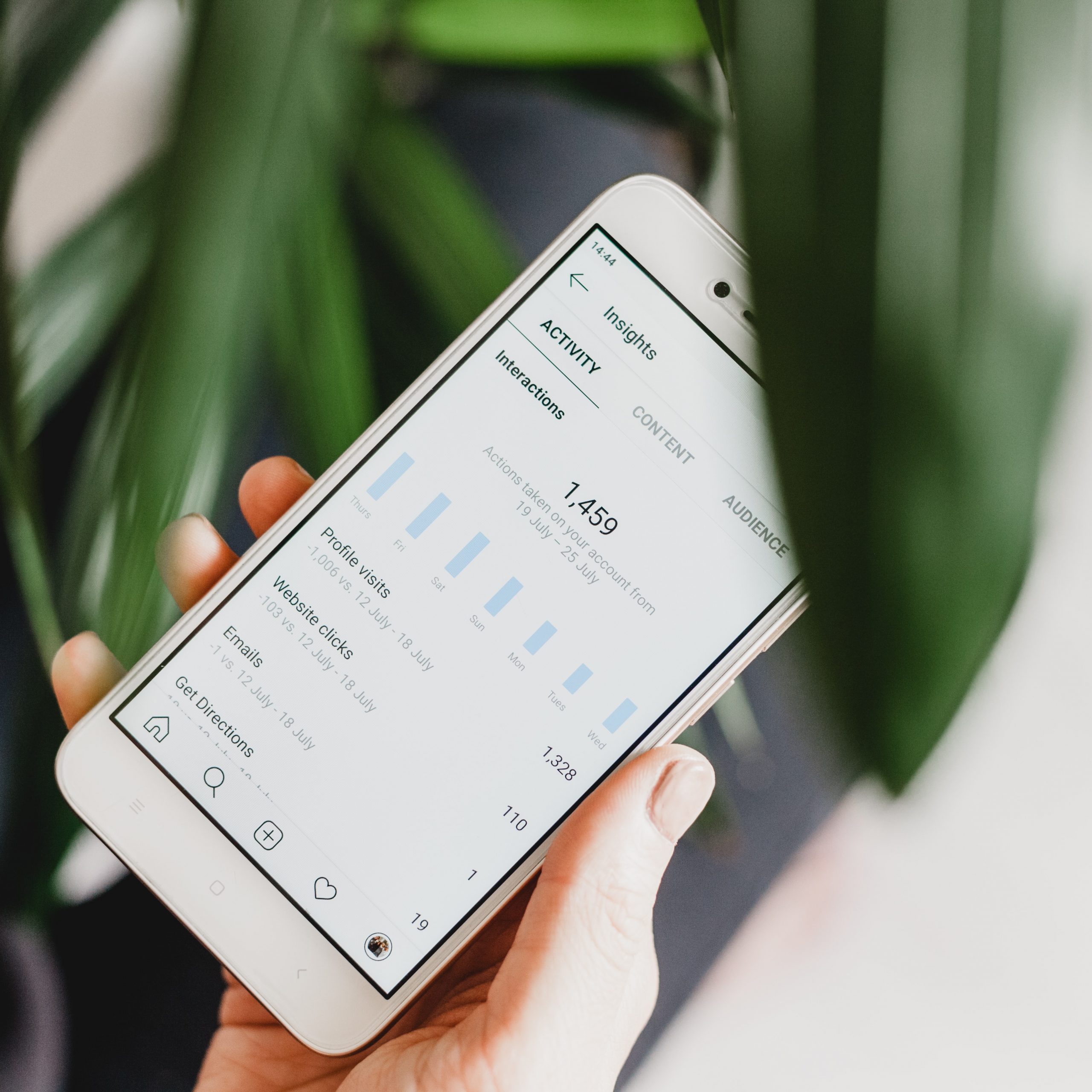Before jumping into explaining why social media analytics is a game-changer, here’s a brief introduction to ‘What is Social Media Analytics?’
By and large, social media analytics may be considered a form of data analytics, where data is collected across social networks to segment and understand customers in a market as per their sentiments and activities.
Social media intelligence has gained the limelight recently as it not only enables better decision-making but also helps glean public opinion in terms of user experience, customer service, product or service experience, and much more.
Let’s dig deeper to understand how social media analytics is a game-changer for businesses today.
Social media analytics applications:
Know your customer’s preference
Most progressive businesses today are opting for total customer-centricity. One of the key benefits of social media analytics reporting is that it can help communicate with the right customer at the right time through the right platform and content. Consider a Netflix show – different users watch different shows at different hours of the day. Social media analytics can help segment online customers as per their preferences and plug in the appropriate content at the right time.
Perform content curation easily
Content has been exposed as one of the secret sauces for reaching out to an audience or customer. The population today surfs the internet before hitting a store for purchase. Social media platforms like Twitter, Facebook, Instagram, and YouTube have grown vital for brand voicing, tracking content traffic and performance across these platforms, and segmenting them accordingly, enabling better content creation. This can be achieved using social media analytics platforms, where social media management, listening, monitoring, and report generation is possible using analytics data.
Manage cutthroat competition
Using social media analytics reporting, companies can track and evaluate the progress of marketing campaigns, ad campaigns, content ads etc. Additionally, with social media analytics platforms, one can figure out appropriate marketing strategies. The statistical analysis helps extract a clear understanding of which platform may best suit a plan of action and which may not. Besides aiding streamlining processes and strategies to establish a competitive edge, this also helps achieve better results and revenue.
Read more: 7 Ways How Social Media Listening Is Enabling Brands to Build Trust
Improve marketing strategy
Big Data and social media analytics facilitate the evaluation of marketing strategy performance and spot unnoticed fallacies. Even better, the duo enables comparing a company’s strategy against its competitors to clearly examine and understand where it succeeded and where it failed. Having obtained the big picture using social media analytics reporting, companies can create stable and targeted marketing strategies without a hitch.
Social media analytics reporting in 2021 and Beyond
Personalized recommendations: Using social media analytics reporting, brands can identify specific targeting strategies to acquire customers and reach out to the most relevant set of users.
Customer profiling: Understanding consumer behavior by using the data collected from social media analytics reporting will let brands create better buyer personas and achieve more conversions.
Also read: Impact of the Coronavirus Pandemic on Global Social Media Usage
Demand and forecasting: Social media analytics data can reveal many things about users based on the type of content they consume. Utilizing their need will result in better forecasting and demand generation.
Artificial intelligence: Brands can use predictive analysis techniques to identify the right time to post and get the most out of the efforts they make in order to acquire customers. Combined with AI, social media analytics reporting will help curate the right predictions.
Read more: How Brands Win the Game of Gamification in Social Media
Key Metrics for social media analytics reporting
Management and analysis of social media are done correctly when one understands the key metrics that need to be tracked. Social media analytics reporting will become effective when businesses keep track of these important metrics. Some of the key metrics for social media reporting are click-through rate, cost per click, cost per engagement, cost per lead, cost per conversion, campaign ROI, etc.
The cost and efforts involved can be optimized when the metrics are understood and analyzed well. The ROI of any social media campaign can be maximized using the right techniques of social media analytics reporting.
Social media analytics platforms
Tracking and analyzing the data collected from social media manually can be troublesome and time-consuming. That’s where social media analytics excel. Its platforms can be broadly classified into:
Paid platforms:
Social media analytics platforms such as Buffer, Hootsuite, HubSpot, Sprout Social, etc. are considered the best tools available in the industry. These social media automation tools are equipped with capabilities such as multiple social media account management, social listening, social media analytics, and so forth.
Free platforms:
Tools such as Google Analytics, Facebook Insights, LinkedIn Analytics, etc. are some examples of free social media analytics platforms with reporting capabilities. Although they offer limited tracking capabilities.
Wrapping Up
Social media has become a key metric for companies to establish their online presence and maintain their reputation today. Considering the emergence of many online brands, social media analytics reporting is a vital tool for companies to build effective strategies and stand out among the competition. The future of social media analytics will be a key driver for business growth.









